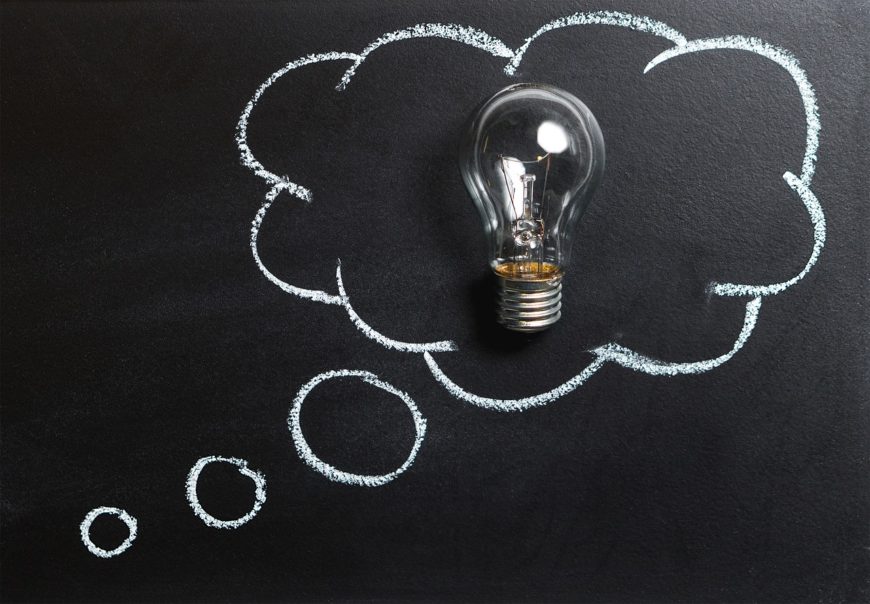What is a Patent?
Definition of a Patent
“Whoever invents or discovers any new and useful process, machine, manufacture, or composition of matter, or any new and useful improvement thereof, may obtain a patent therefor, subject to the conditions and requirements of this title.” – 35 USC, Section 101
Definition of an Inventor
“The term “inventor” means the individual or, if a joint invention, the individuals collectively who invented or discovered the subject matter of the invention.” – 35 USC, Section 100
Patent Rights
A patent gives the patent owner the right to exclude others from making, using, selling, offering for sale, or importing a patented invention for the term of the patent. It does not give the patent owner the exclusive right to make the invention (the invention may be an improvement of another invention, therefore, making it might be affected by another invention).
Term of a Patent
The term of a patent (validity period) is twenty (20) years from the date the application is filed.
More on how we can help your business secure your intellectual property!



